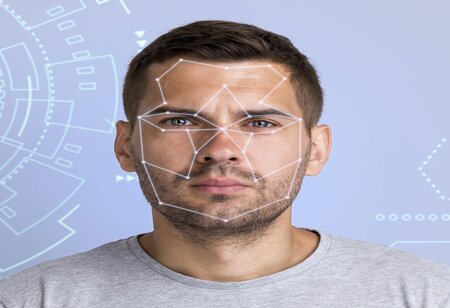Face Biometric Security Under Siege: Gartner's Deepfake Warning
By Consultants Review Team
 Research advisory firm Gartner forecasts a significant shift in the reliability of face biometrics for identity verification as a result of the increasing threat posed by AI-generated deepfakes. By 2026, Gartner predicts that 30% of enterprises will no longer view standalone face biometrics as trustworthy due to the potential for deepfake attacks.
Research advisory firm Gartner forecasts a significant shift in the reliability of face biometrics for identity verification as a result of the increasing threat posed by AI-generated deepfakes. By 2026, Gartner predicts that 30% of enterprises will no longer view standalone face biometrics as trustworthy due to the potential for deepfake attacks.
Deepfakes, which are artificially generated images of real people's faces, have become a pervasive menace in the realm of biometric security. Akif Khan, Gartner's Vice President Analyst, underscores the transformative advancements in AI technology over the past decade that have empowered the creation of convincing deepfake images. These manipulated visuals can deceive biometric authentication systems, casting doubt on the reliability of identity verification solutions.
One of the key challenges highlighted by Gartner is the inadequacy of current presentation attack detection (PAD) mechanisms in detecting AI-generated deepfakes effectively. Khan notes that while PAD methods are designed to confirm the user's liveness, they often fail to distinguish between genuine individuals and deepfake impostors.
The proliferation of injection attacks, which saw a staggering 200% increase in 2023, further exacerbates the threat landscape. These attacks target the integrity of biometric security systems, necessitating a comprehensive approach to combatting the deepfake threat. Gartner recommends integrating a combination of PAD, injection attack detection (IAD), and image inspection techniques to bolster defenses against evolving biometric fraud tactics.
In light of these challenges, organizations are advised to scrutinize their vendor selection process, prioritizing partners capable of surpassing conventional security measures and adapting to emerging threats. Chief Information Security Officers (CISOs) and risk management leaders are urged to remain vigilant and proactive in implementing robust security measures to safeguard against the evolving threat of deepfake attacks.







